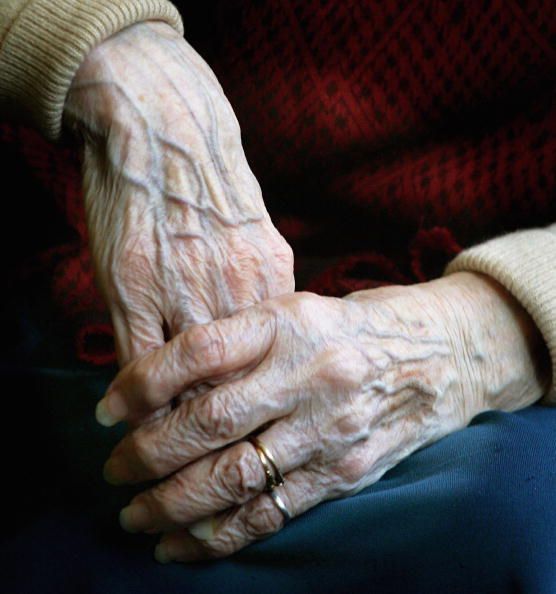
A groundbreaking discovery in cellular biology could help humans age without as much deterioration in their bodies. A research team experimenting on a class of genes called "splicing factors" was able to take older human cells and physically rejuvenate them, turning back the clock to make them appear and behave young again.
"When I saw some of the cells in the culture dish rejuvenating I couldn't believe it. These old cells were looking like young cells. It was like magic," Eva Latorre, the research associate at the University of Exeter who conducted the experiments, told Medical Xpress. "I repeated the experiments several times and in each case the cells rejuvenated. I am very excited by the implications and potential for this research."
When human cells grow old, they become inactive. The splicing factors that "switch off" in old age can actually be switched back on by applying chemical compounds called reversatrol analogues. Within just a few hours of the application, the splicing factors started to rejuvenate, dividing themselves the way young cells do. Their telomeres, cap-like features on chromosomes which grow shorter and shorter as we age, became long again. A paper detailing the research was published in the journal BMC Cell Biology.
"This is a first step in trying to make people live normal lifespans, but with health for their entire life," lead author Lorna Harries, professor of Molecular Genetics at the University of Exeter, told Medical Xpress. "Our data suggests that using chemicals to switch back on the major class of genes that are switched off as we age might provide a means to restore function to old cells."
Don't fear the reaper! Recovery from the brink of death - a Q&A on anastasis from @montell_denise https://t.co/K7hUS3Y51b pic.twitter.com/afxtFe7IK7
— BMC Biology (@BMCBiology) October 31, 2017
Splicing factors help your genes operate smoothly, making sure that instructions like when to grow new blood vessels get to where they need to go. Over the course of the aging process, they become less efficient, and eventually break down entirely, leaving our bodies with less and less ability to regenerate.
"At a time when our capacity to translate new knowledge about the mechanisms of ageing into medicines and lifestyle advice is limited only by a chronic shortage of funds, older people are ill-served by self-indulgent science fiction," Professor Richard Faragher of the University of Brighton told Medical Xpress. "They need practical action to restore their health and they need it yesterday ... Our discovery of cell rejuvenation using these simple compounds shows the enormous potential of ageing research to improve the lives of older people."
Reversatrol analogues, meanwhile, come from a substance common to red wine, dark chocolate, red grapes and blueberries. So while we wait for the arrival of therapies based on this research to help us all stay young, we can at least have a little more of those.
Uncommon Knowledge
Newsweek is committed to challenging conventional wisdom and finding connections in the search for common ground.
Newsweek is committed to challenging conventional wisdom and finding connections in the search for common ground.
About the writer
Kastalia Medrano is a Manhattan-based journalist whose writing has appeared at outlets like Pacific Standard, VICE, National Geographic, the Paris Review Daily, ... Read more
To read how Newsweek uses AI as a newsroom tool, Click here.








